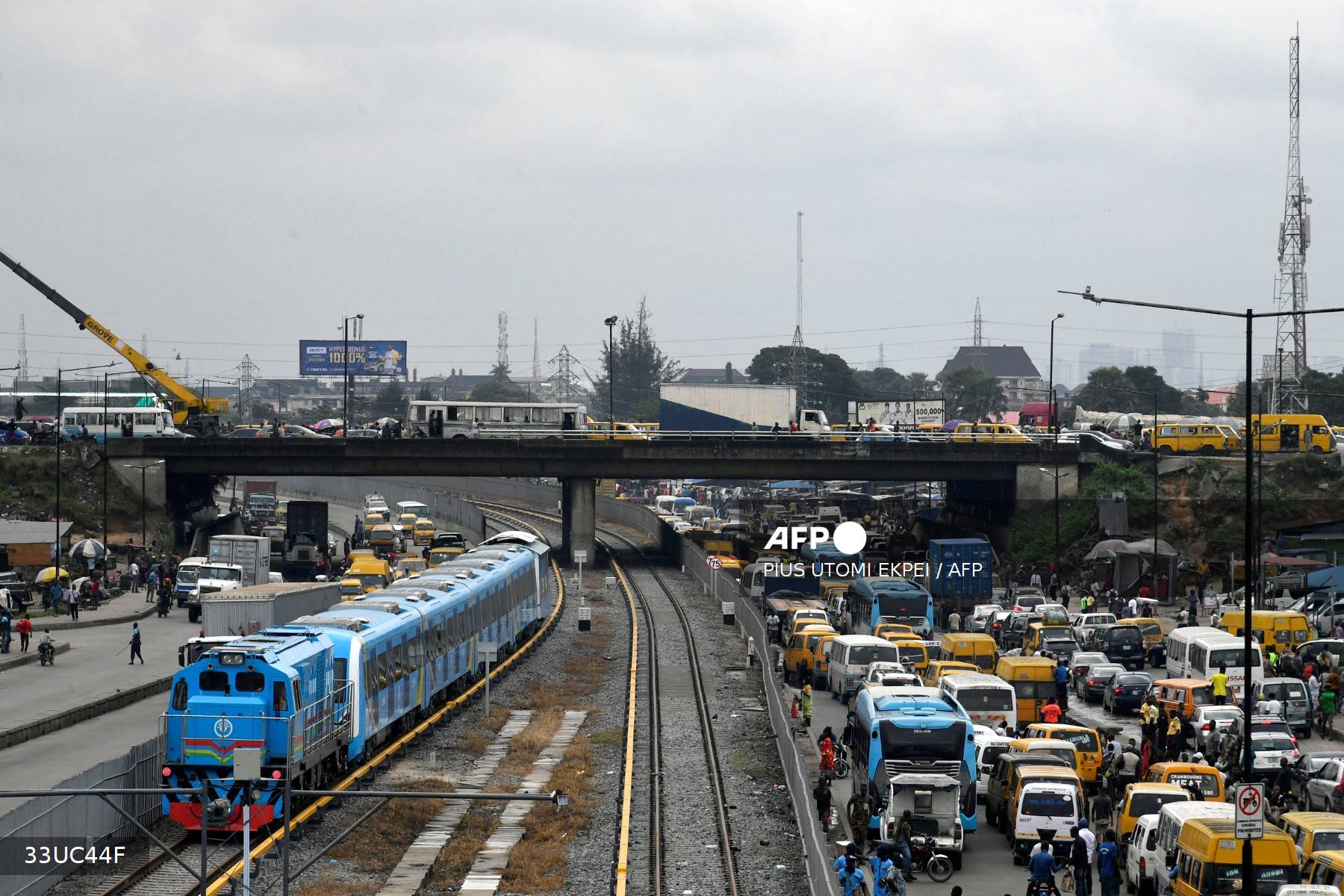The Managing Director of the Niger Delta Development Commission (NDDC), Samuel Ogbuku, has urged staff members to prioritise workplace safety and promote peace, transparency, accountability, and compliance.
Ogbuku gave the charge during a sensitisation programme themed ‘Promoting Transparency and Due Process in the Workplace: Deploying Alternative Dispute Resolution (ADR) Approaches in Building a Culture of Accountability and Integrity’, organised by the Commission’s Department of Dispute and Conflict Resolution in Port Harcourt.
Represented by his Chief of Staff, Julius Oworibo, Ogbuku stressed that peace and transparency are crucial to achieving sustainable development in the Niger Delta region. He emphasised that workplace conflicts could undermine the Commission’s developmental efforts, hence the need to adopt ADR mechanisms for effective conflict resolution and peacebuilding.
He said: “I am impressed by the quality and timeliness of this programme. ADR is a critical tool in achieving a lot in the Commission. Transparency entails being open about how decisions are made in the workplace.”
Also speaking, the Acting Director of Dispute and Conflict Resolution at the NDDC, Godwin Ogedegbe, reiterated that ADR is central to realising the Commission’s vision. He said: “The theme of this programme captures the core of what we seek to achieve in our Commission: a workplace where every action is guided by openness, fairness, and a steadfast commitment to due process; where conflicts are not merely resolved but prevented through structured, principled processes; and where accountability and integrity are not aspirational ideals but everyday practice.”
In his keynote presentation, the Founder of the Centre for Constitutionalism and Demilitarisation (CENCOD), Sylvester Odion-Akhaine, underlined the importance of due process in workplace governance. He noted that transparency, integrity, and accountability are indispensable to productivity and the achievement of organisational goals.
Similarly, the Director at the Centre for Politics, University of Port Harcourt, Fidelis Allen, highlighted the effectiveness of ADR in his presentation on the sub-theme “Strengthening Organisational Governance for Transparency and Accountability: Integrating Alternative Dispute Resolution in Workplace Conflict Management.”
He explained: “ADR enhances transparent and accountable governance within organisations by promoting open dialogue, fostering a culture of responsibility, and implementing accountability protocols.”
These approaches ensure that disputes are resolved efficiently and equitably, with mutually agreed outcomes more likely to be adhered to by all parties involved.”
In another presentation, themed “Promoting Ethical Standards and Institutional Integrity”, the Chief Executive Officer of the Dispute Resolution Academy, Olugbenga Gbarada, emphasised the need for institutions such as the NDDC to uphold fairness through strong systems. He noted that leaders foster trust through ethical conduct when they establish the foundation for ADR to “become a bridge toward inclusive governance, ethical decision-making, and lasting peace.”






